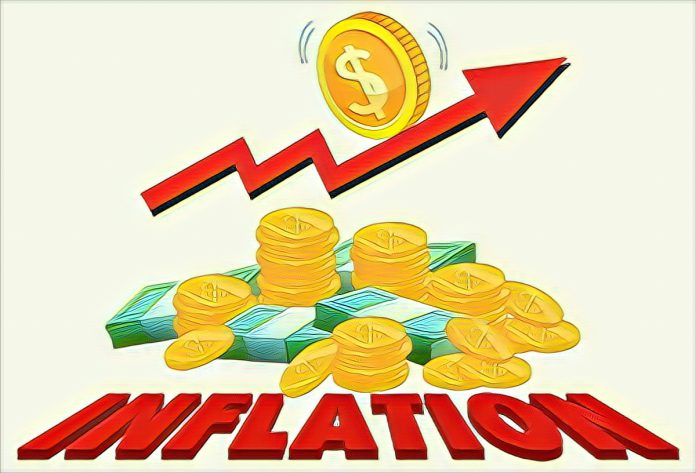With inflation hitting 30% and the Naira trading at 1000/$, over 90% of Nigerians struggle to afford a healthy diet, a situation exacerbated by energy poverty and low wages. Experts, including development economist Dr. Chiwuike Uba and professor Pat Utomi, highlight critical factors such as oil theft, inadequate forex supply, and government policies’ sustainability amidst rising living costs.
The Food and Agriculture Organization (FAO) notes a distressing global trend, with healthy diets moving out of reach for three billion people in 2020, an increase of 112 million from 2019. Nigeria faces a similar plight, with food price indices soaring by 40.6% from 2020 levels and persistent supply chain disruptions fueling double-digit food inflation.
The National Bureau of Statistics (NBS) confirms headline inflation reaching 26.7% in September, up from 25.8% in August, indicating deteriorating purchasing power and increasing poverty. Despite the Central Bank of Nigeria (CBN) easing foreign exchange restrictions on 43 items, analysts fear sustained inflationary pressure without an uptick in forex availability.
The escalating costs and the forex crisis underscore the urgent need for strategic intervention, insists Dr. Uba, advocating incentives for diasporans to bolster forex supplies through official channels. Echoing this, Dr. Muda Yusuf, Director/CEO of the Centre for the Promotion of Private Enterprise (CPPE), cautions against looming stagflation unless the government addresses rampant inflation.
Supply-side issues, including depreciating exchange rates, skyrocketing transportation costs, and logistical hindrances, are driving inflation, Yusuf explains. He emphasizes the necessity of prioritizing these challenges to stimulate economic growth and avert stagflation.
While the government grapples with these economic hurdles, Nigeria’s oil production showcases a silver lining, hitting a 20-month peak at 1.57 million barrels per day, as reported by the Nigerian Upstream Petroleum Regulatory Commission (NUPRC). This surge marks a promising turn, potentially energizing the nation’s financial landscape if sustained and well-managed.
As Nigeria contends with these multifaceted economic challenges, the calls for comprehensive strategies to stabilize the naira, boost production, and enhance security are more urgent than ever. Only through concerted, transparent, and impactful action can the government hope to reverse the crippling inflation trend and restore accessible, healthy living standards for its citizens.



